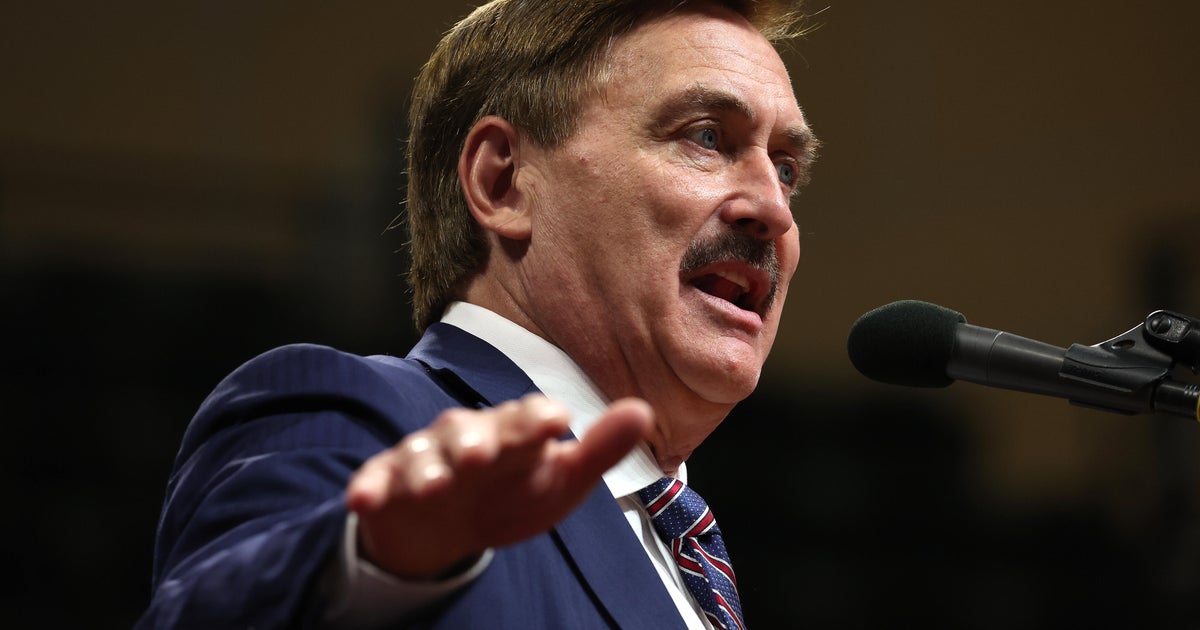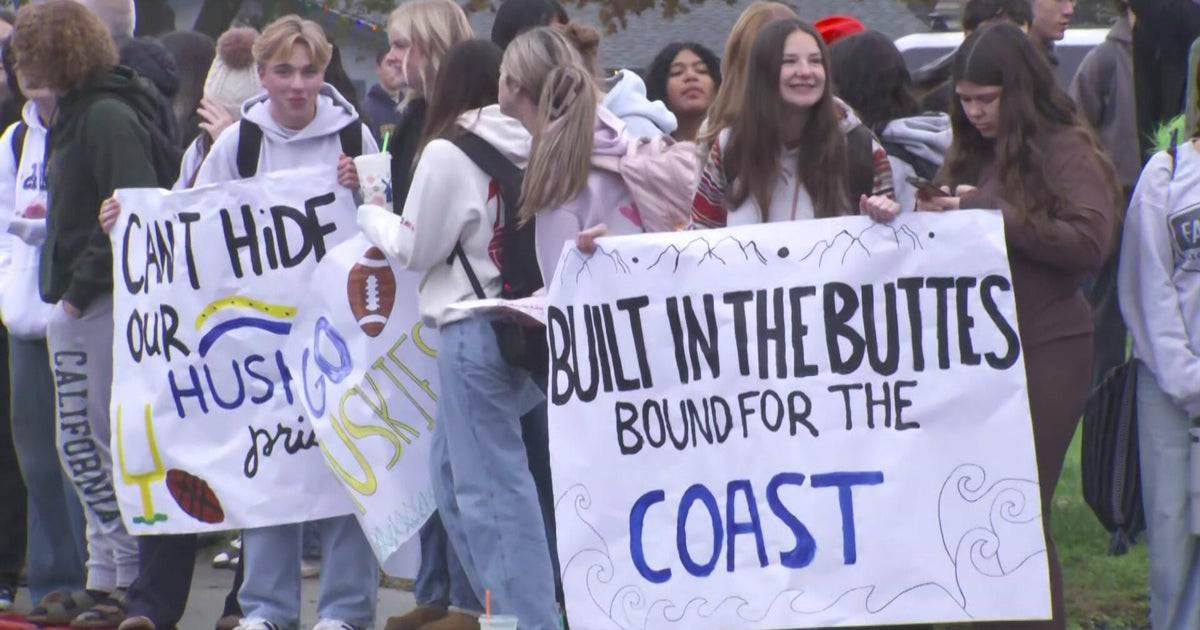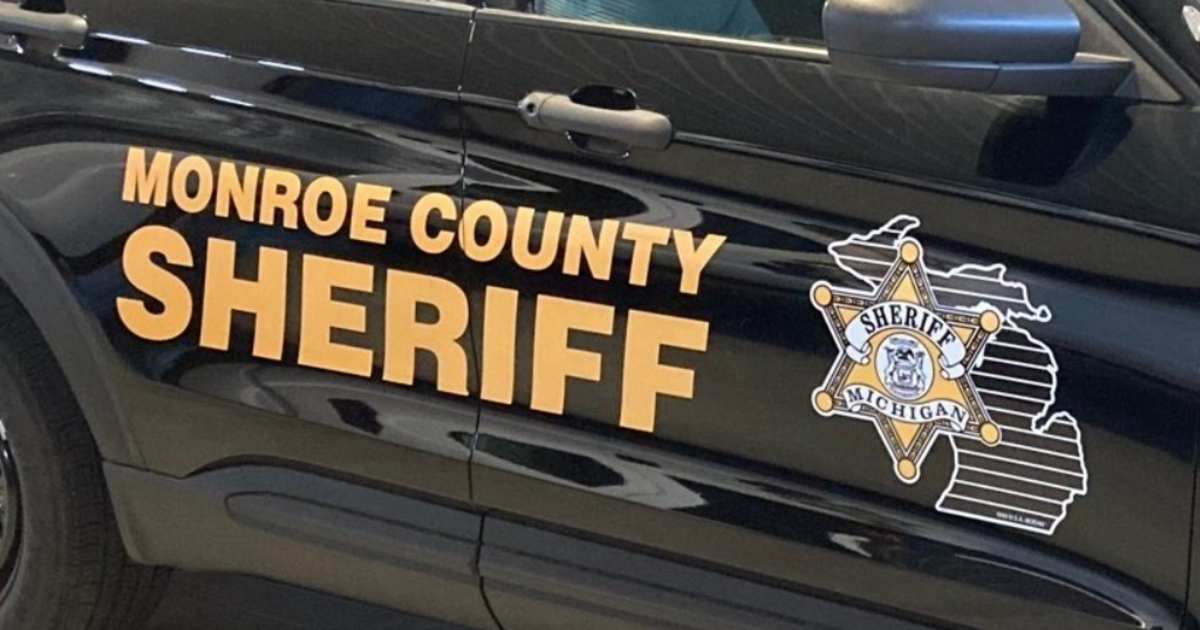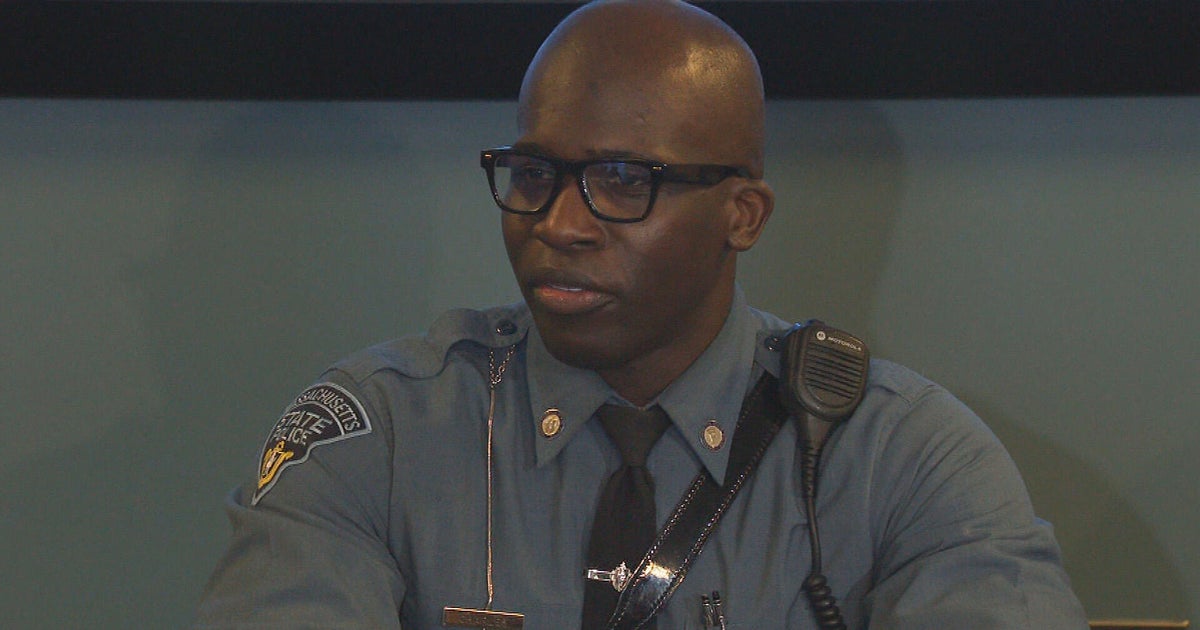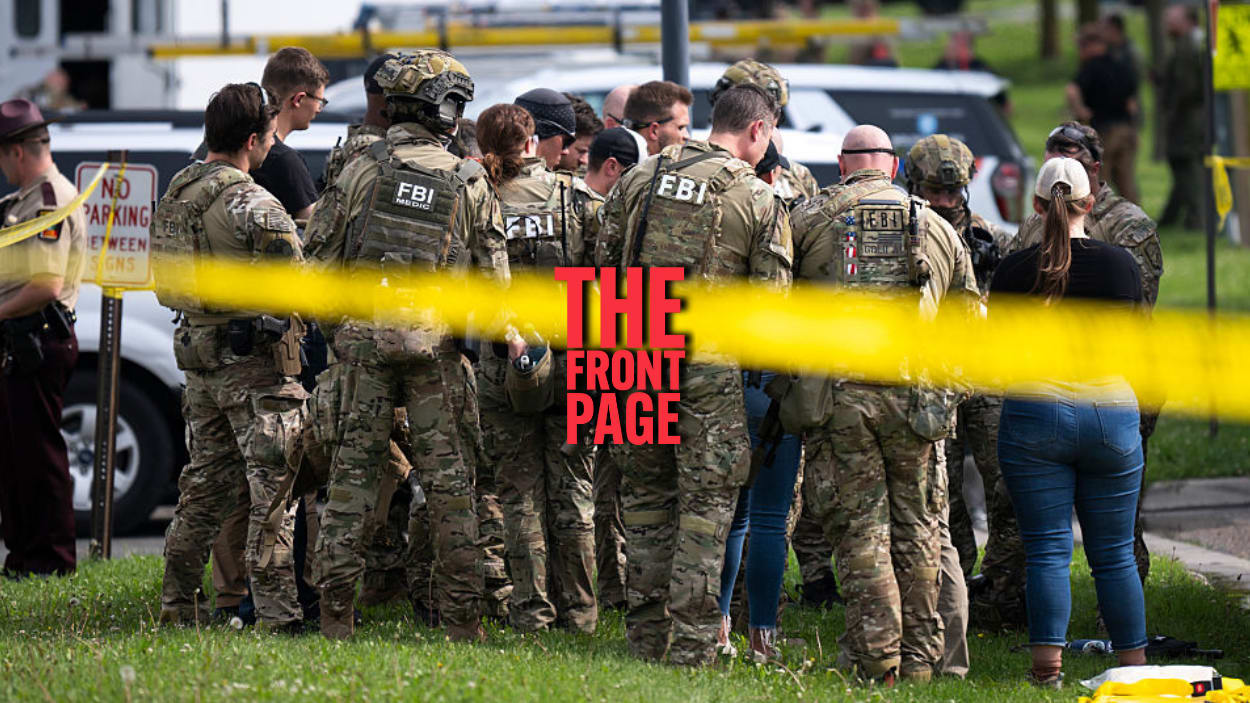Transcript: Governors Mike DeWine and Gretchen Whitmer on "Face the Nation," December 27, 2020
The following is a transcript of an interview with Governors Mike DeWine and Gretchen Whitmer that aired Sunday, December 27, 2020, on "Face the Nation."
MARGARET BRENNAN: Today, we wanted to bring together two governors from particularly hard hit states this year, Ohio Republican Mike DeWine and Michigan Democrat Gretchen Whitmer. Good morning to both of you, governors.
GOVERNOR GRETCHEN WHITMER: Good morning.
GOVERNOR MIKE DEWINE: Good to be with you. Thank you very much, MARGARET.
MARGARET BRENNAN: You know, the responsibility of dealing with this pandemic, including the decisions on health restrictions, on testing, how you're going to get this vaccine to your constituents has really been placed on you as the executives in your state. Do you feel like the country learned this year the value of their local government, Governor Whitmer?
GOV. WHITMER: Well, I hope so. I know that this is not a moment that any one of us governors would have chosen to be in, and yet it was incumbent on us to rise to this challenge and to do what we needed to do to protect the people that we serve. In lieu of a broader national strategy, it really was on us to navigate. And I think we've done- done a lot of it together.
MARGARET BRENNAN: And Governor DeWine, do- do you think there is a new appreciation for the local officials versus the focus on the national?
GOV. DEWINE: I think people normally look to their governors in crisis, a local crisis, you know, flooding along the Ohio River or tornadoes in western Ohio. That's normally what you think a governor will respond to. So I think in a sense, they're- they're used to, you know, a crisis. But of course, this is a once in 100 years. We haven't seen anything like this at all. And I think one of the things that I have found good about it, frankly, is that I've gotten to know Gretchen, Governor Whitmer. I've got to know all of our neighboring governors. And, you know, we talk- we talk quite a bit. And frankly, you know, we have a common enemy. The common enemy is this virus. And we're, you know, we're- we're battling back against it. There are certainly some people in my state who, you know, disagree with some of the things that- that we have done.
MARGARET BRENNAN: Governor Whitmer, I mean, viruses don't know borders. Do you feel like as two Midwesterners here, that there is more of a call now to work together regionally to deal with crises like this pandemic?I mean, are you looking at that when it comes, for instance, on how to vaccinate your populations?
GOV. WHITMER: This virus does not stop at state line. It doesn't stop at party line. This is a common enemy. And that's always been how we've looked at it, trying to learn from the best science. This being a novel virus, we've learned an incredible amount. But when I share information with Governor DeWine and vice versa, I get the benefit of the Cleveland Clinic and all the experts he's talking to and he gets the benefit of the University of Michigan and all the experts we're talking to.
MARGARET BRENNAN: Will you coordinate those strategies on who goes first and who goes last?
GOV. DEWINE: we share a lot of information. And we were on the phone with all the Midwestern governors just a few days ago, and one of the issues, of course, is what's what's the priority? I think there's been a real consensus among what we call A1 group, which is the- the first responders, our medical people, our EMS, people who are risking their lives every- every single day, as well as where we've taken the most losses, and that is in our nursing homes. I think there's probably going to be more lack of consensus among people in general when you get beyond that first group.
MARGARET BRENNAN: Right. Governor Whitmer, I wonder how you're thinking of it, because like we're talking about essential worker is, you know, kind of subjective here. In- in the state of Colorado, I read they're going to begin prioritizing employees at ski resorts, for example, because it's so key to their economy. I mean, how much is this going to vary state by state? Who's essential in Michigan?
GOV. WHITMER: I think it could vary a great deal. And the thing is, vaccines are coming online and they're going to come at a faster pace. And so doing the hard work of acknowledging who is- has the most exposures, who is out there in jobs that are, you know, come into contact with the public at greater numbers. these vaccines, what we have to do right now is really to ensure that the public understands these are safe, these are effective. As they become more available, we want people to make their plan to get vaccinated.
MARGARET BRENNAN: Governor Whitmer and Governor DeWine, both of you have been criticized for taking extraordinary measures to protect your constituents, but been accused of, you know, overstepping authority, for example. Governor Whitmer, I know you had that extraordinary kidnapping threat. There were threats against you, Governor DeWine, as well. I- I wonder how the both of you make sense of that experience, Governor Whitmer?
GOV. WHITMER: Well, MARGARET, I would say this, every governor in the country is getting some sort of, you know, backlash. The backlash that we're getting is because we've gone to take sure that every measure is about saving people's lives. And we have largely had a lot of success. Studies have shown we have saved thousands of lives, and yet we know COVID-19 is still a very real threat. We're posting the highest numbers that we have in 10 months. Other governors are getting a backlash because they haven't done enough and people have been dying on their watch. There are no easy solutions here, no clearly obvious solutions here. Yet, I believe that the right thing to do is to follow the science and to put people's lives first, because we can and we will recover from the economic blowback from COVID-19 that has run amuck in our country. What we can't do is, you know, bring someone back to life.
MARGARET BRENNAN: Governor DeWine?
GOV. DEWINE: Well, I think it's understandable that people are upset. It's nine months into this. People are tired of it, so I- I get it. And we've asked people to- to make sacrifices. But my message to the people of Ohio continues to be, we should do everything we can to save lives and hope is there. The vaccine is here. Now, it's going to take a few months, you know, for everybody to- to- to get it, but this is not the time to pull back. This is not the time to give up. We also have to try to work that balance because we know with a complete shutdown, we know there's- there's downsides to that as well.
GOV. DEWINE: We know business, particularly small business, continuing to go is very, very important. We know they've been hit very, very hard.
MARGARET BRENNAN: Yeah.
GOV. DEWINE: But you've got to balance that with- with saving the lives.
MARGARET BRENNAN: Here's to a healthier and happier 2021. Thanks to you both, governors. We'll be right back.
